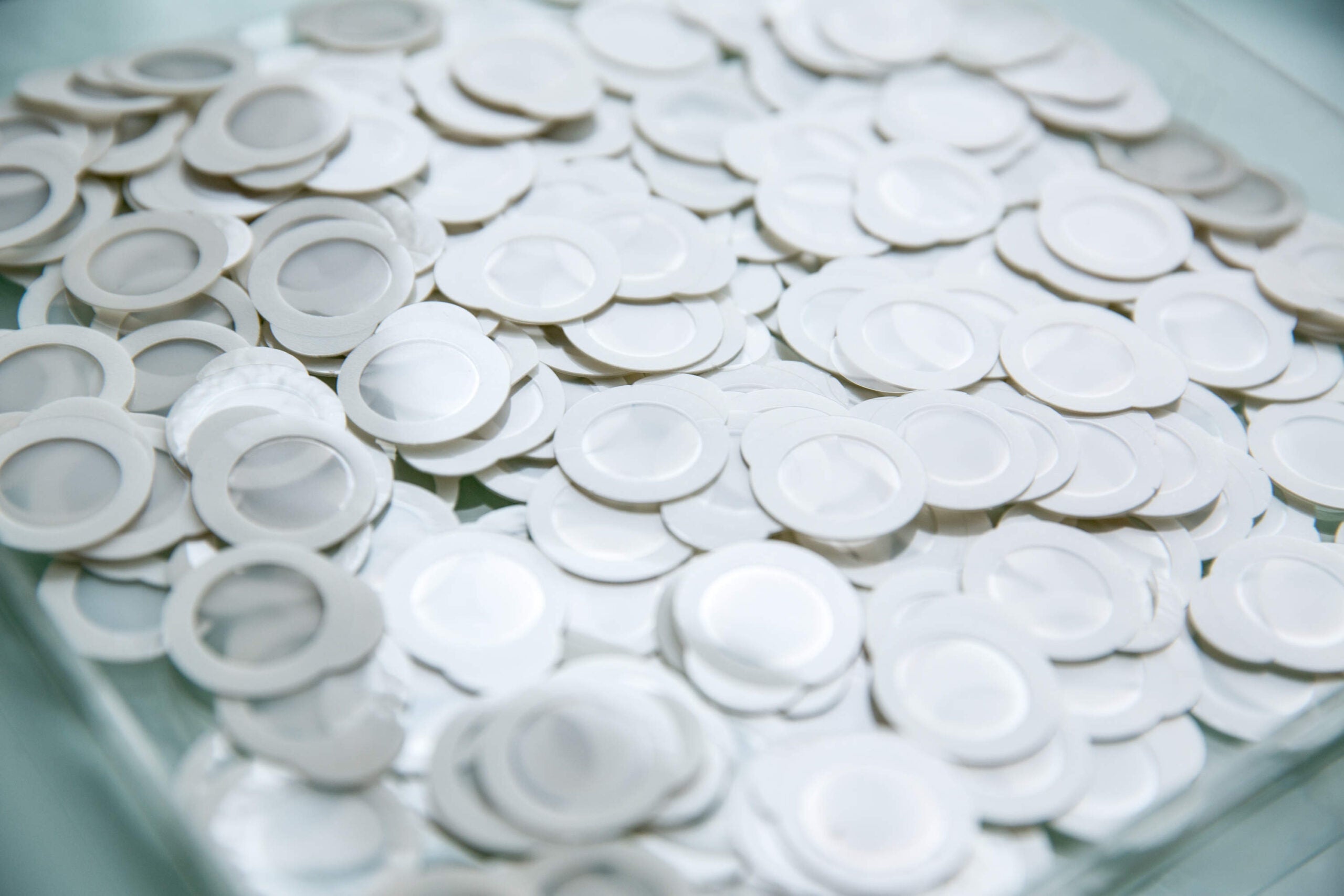In GlobalData’s analysis of the emerging peanut allergy market titled Peanut Allergy: Opportunity Analysis and Forecasts to 2027, target age group is an important factor differentiating the peanut immunotherapy drugs currently in development. While Aimmune Therapeutics’ oral immunotherapy drug, AR-101, is expected to be indicated for patients ages 4–17, DBV Technologies’ biologics license application (BLA) for its epicutaneous patch, Viaskin Peanut, targets only patients ages 4–11. DBV’s decision to focus on treating younger children is rooted in findings from its Phase IIb VIPES study, in which Viaskin Peanut successfully desensitised younger children to peanuts, but not adolescent or adult patients. However, according to new data presented at the 3rd Inflammatory Skin Disease Summit in December, 2018 by one of DBV’s academic collaborators, it may be the location where Viaskin Peanut was applied on adolescent and adult patients, rather than the patients’ age, that diminished therapeutic efficacy.
In the Phase IIb VIPES study, older patients were instructed to wear the Viaskin Peanut patch on their upper arm, while younger children were told to apply it to the upper back. This was likely due to the increased ease of self-applying a patch to the upper arm for adolescents and adults and the increased practicality of applying the (sometimes itchy) patch to the back of young children to discourage attempts at removal. In hindsight, this simple decision may have seriously altered the outcome of this clinical study.
New data presented at the 3rd Inflammatory Skin Disease Summit in Vienna suggested that the immunological profile of human skin differs markedly depending on its location on the body. In particular, the study found that the skin of the upper back, compared to the skin of the upper arm, outer upper thigh, or abdomen, had the highest upregulation of genes involved in immuno-tolerance and the prevention of allergic reactions. The skin of the upper back also had the highest concentrations of antigen-presenting dendritic and Langerhans cells, the latter of which have been shown by DBV in previous research to be crucial players in reprogramming the immune system towards allergen desensitization and tolerance.
On 19 December, DBV withdrew its biologics license application (BLA) for Viaskin Peanut, initially submitted in October 2018. The company explained that the action was not the result of clinical concerns from the FDA but was due to a lack of sufficient data on manufacturing procedures and quality controls. DBV asserted that this supporting information can be provided quickly, without the need for further clinical studies. Assuming that this setback for DBV is only temporary and a resubmission is imminent, new insights into the unique immunological properties of different skin sites should spur DBV to re-explore the utility of Viaskin Peanut in older populations. GlobalData projects that this move could greatly expand the product’s potential patient share and amp up its ability to compete with Aimmune’s AR-101.

US Tariffs are shifting - will you react or anticipate?
Don’t let policy changes catch you off guard. Stay proactive with real-time data and expert analysis.
By GlobalData





